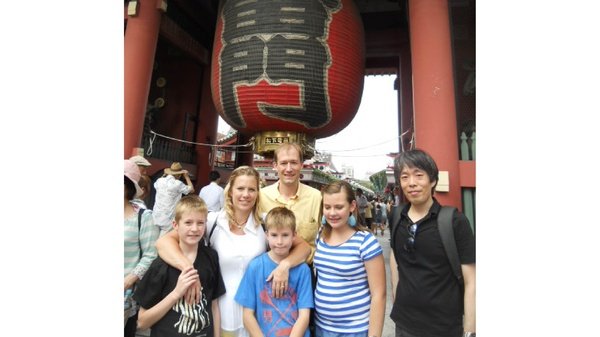Rare Sponges May Carry a New Cure for Cancer
Oct. 30, 2012

Cancer-killing chemicals in sea sponges? Sounds too good to be true.
But it’s not. Two years ago, Japanese scientists found a chemical compound inside of deep-sea sponges that helps destroy certain cancer cells.
The compound yaku’amide A is likely produced by bacteria that only grow in a certain type of deep-sea sponge. But it grows in such low quantities that it’s rather impractical to try to harvest. The more practical solution is to synthesize the chemical compound in a lab, although the research to do so has proved difficult.
This is where chemistry professor Steven Castle steps in. For the past few months, he and his research team have been trying to recreate yaku’amide A.
Yaku’amide A is toxic to cells of lung cancer, breast cancer, colon cancer, gastrointestinal cancer, and leukemia. But it’s not toxic to all cancers.
“Usually you want a compound that is selective rather than a nonselective compound that kills many types of cancer cells,” Castle says, “because nonselective compounds are usually too toxic to be used as drugs.”
Castle’s research has led him to Japan, where he stayed for four and a half months this summer, studying with a fellow synthetic chemist, Professor Masayuki Inoue. Together, they did some research (soon to be published) on the immediate difficulties of synthesizing yaku’amide A.
The biggest obstacle the team faces in trying to synthesize yaku’amide A is creating the chemical compound without creating a mirror image of it at the same time. Mirror images are reversed replicas of a chemical compound, and thus cannot perform the same function inside cells and organisms as their counterparts.
“It’d be like taking your right hand and your left hand, and having a right-handed baseball mitt,” Castle said. “Your right hand will fit the baseball mitt, while your left hand will not.”
Despite the daunting task ahead of him and his research team, he remains enthusiastic.
“I’m pretty optimistic, pretty positive that at some point, we’ll figure it out,” Castle said.
Optimism in cancer research. That’s what we like to hear.
By Curtis Penfold, College of Physical and mathematicel Sciences
Photo courtesy of Dr. Steven Castle